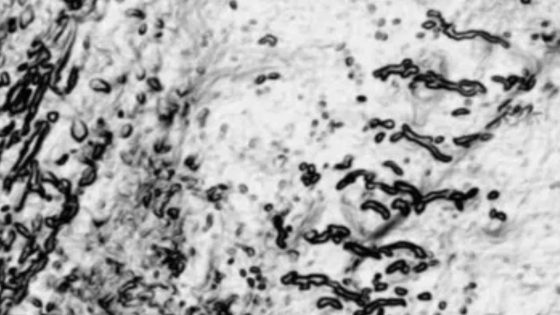Recent discoveries about cell migration may finally help US defeat cancer. On January 22, 2025, researchers revealed how tiny structures in cells, called filopodia, play a crucial role in both healthy immune responses and cancer spread. Could understanding these structures lead to better cancer treatments?
- Cells have distinct roles in the body.
- Filopodia assist immune cells during infections.
- Metastatic cancer cells exploit filopodia for invasion.
- Fascin stabilizes actin bundles in filopodia.
- Fascin's flexibility aids in actin binding.
- Targeting fascin may improve cancer therapies.
New Insights into Cell Movement and Cancer Treatment Strategies
How can a better understanding of cell movement impact cancer therapies? The recent findings about filopodia, which assist in cell migration, could be a game changer. These structures are essential for immune cells to reach infection sites but are also exploited by cancer cells to invade other tissues.
Understanding Filopodia: The Key to Stopping Cancer Spread
Filopodia are finger-like projections that help cells sense their surroundings and move. They rely on actin filaments and a protein called fascin to maintain their structure. This discovery sheds light on how cancer cells use filopodia to spread throughout the body.
- Filopodia help immune cells navigate to infection sites.
- Cancer cells exploit filopodia to invade new tissues.
- Fascin stabilizes actin filaments, essential for filopodia function.
- New findings may lead to better cancer therapies targeting fascin.
How Fascin Contributes to Cancer Cell Movement
Fascin is a crucial protein that strengthens the bundles of actin filaments in filopodia. It allows these structures to be both strong and flexible, enabling cells to move efficiently. However, when fascin is overexpressed, it can lead to uncontrolled cell movement, promoting cancer metastasis.
Future Directions for Cancer Research
The recent breakthroughs in understanding fascin’s role in filopodia construction could pave the way for innovative cancer treatments. By targeting fascin, researchers aim to prevent cancer cells from forming the structures they need to spread. This approach could significantly improve patient outcomes.
In conclusion, the insights gained from studying filopodia may not only enhance our understanding of cancer cell behavior but also lead to more effective therapies. As research continues, the hope is to develop strategies that can effectively halt the spread of cancer, offering new hope for patients and families affected by this disease.

































